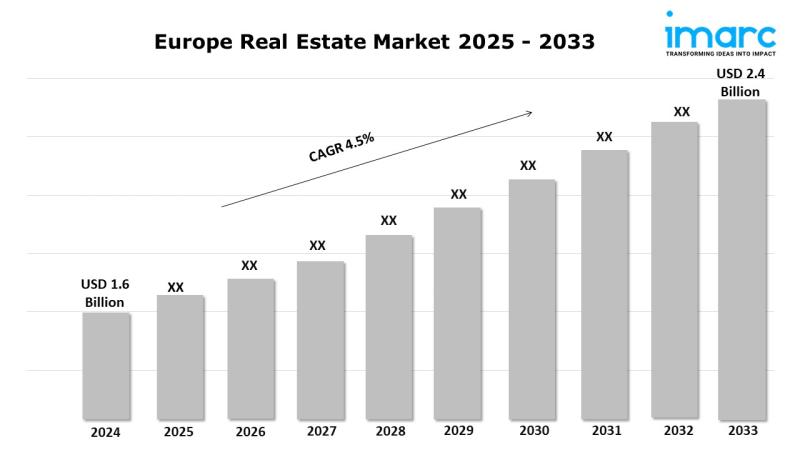18.03
Share ArticleElon Musk's losing streak: Tesla's struggles and the future of his empire

Elon Musk, once considered an unstoppable force in technology and business, has recently faced significant financial setbacks. His fortune, which was over $400 billion at the end of 2024, has fallen below that mark at the beginning of 2025. The main reason for this decline is Tesla's stock price, which has fallen 27% since its peak in December 2024. While Musk remains the richest man in the world, these losses are indicative of larger problems for his business empire, from Tesla's growing competition to the financial instability of X (formerly Twitter) and Starlink's problems with regulators.
Tesla stock struggles and competitive threats
Tesla's share price has come under intense pressure as its once dominant position in the electric vehicle (EV) industry is now under threat. Chinese automaker BYD has overtaken Tesla as the world's largest EV manufacturer, showing that Tesla's industry leadership is no longer assured. The company has repeatedly cut prices on its cars to remain competitive, which has helped maintain sales but has significantly impacted profit margins. Investors are increasingly worried about Tesla's long-term profitability, especially as high interest rates and reduced government incentives have slowed overall demand for EVs.

Musk's political differences and Tesla's reputation
In addition to financial pressures, Tesla suffers from Musk's increasingly controversial public persona. His political statements and increasingly close ties to former U.S. President Donald Trump have sparked negative consumer reaction, especially in Europe. Sales declined in key markets such as Germany, France and Norway, where Musk's political views have alienated traditional Tesla buyers. In the U.S., progressive consumers have begun shifting to competitors such as Rivian and Hyundai. Investor Ross Gerber, a longtime Tesla shareholder, warned that Tesla's stock could fall another 50% if Musk continues to focus on political issues rather than Tesla's business strategy.
X (Twitter) is becoming a financial burden
Musk's $44 billion acquisition of Twitter, now renamed X, has exacerbated his financial problems. Since acquiring the platform in 2022, X has struggled to regain financial stability. Advertisers who were once a major source of revenue for the platform have left due to concerns over Musk's policies on content moderation and the return of banned accounts. Ad revenue has fallen by nearly 50%, while Musk's push to move to a subscription-based model has failed to attract enough paying users to make up for the losses. Algorithm changes and chaotic policy changes have also frustrated users, and many have migrated to competing platforms such as Threads and Bluesky.
SpaceX and Starlink: Musk's remaining strengths
Despite Tesla's struggles and X's financial instability, Musk's aerospace and satellite businesses remain strong. SpaceX continues to lead the private space industry with lucrative contracts with NASA and the U.S. military. The Starship program, which aims to make interplanetary travel a reality, is showing steady progress with successful test launches. At the same time, Starlink, Musk's satellite internet service, is growing rapidly and now serves millions of users worldwide. However, these businesses also face challenges, such as high operating costs and increasing regulatory scrutiny. Governments are increasingly concerned about Musk's control over global satellite communications, especially after reports that he has restricted access to Starlink for Ukraine in some military operations.

What does the future hold for Musk's business empire?
While Musk's empire faces growing financial and reputational challenges, the way forward remains uncertain. Tesla must develop a clear turnaround strategy to stabilize demand, maintain profitability, and regain investor confidence. X needs to create a sustainable revenue model to avoid becoming a permanent financial burden. SpaceX and Starlink, while promising, require huge capital investments and must prove their long-term profitability.
Musk has a track record of overcoming adversity, but recent losses suggest his empire is more vulnerable than ever. Investors and consumers are watching closely to see if he can overcome these challenges or if his influence will continue to decline. His ability to refocus on Tesla, rebuild relationships with consumers, and develop a viable financial model for X will determine whether his business can recover. If he continues to spread himself too thinly across multiple businesses and become embroiled in political disputes, his recent losses could prove to be just the beginning of a larger downward trend. Next year will be a crucial test of Musk's ability to maintain his dominance or risk losing control of the empire he has built.


Reviews